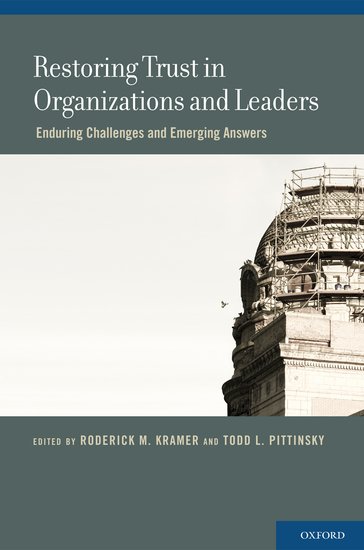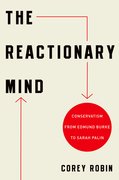Goldman Sachs and the betrayal and repair of trust
By Robert F. Hurley
Greg Smith’s March 14, 2012 op-ed piece in the New York Times, “Why I am Leaving Goldman Sachs” is a familiar story for those who follow the betrayal and repair of trust. Smith tells a story of his frustration and disillusionment at Goldman changing from a culture that valued service to clients to one that rewarded those who made the most money for the firm even if it betrayed client interests.













